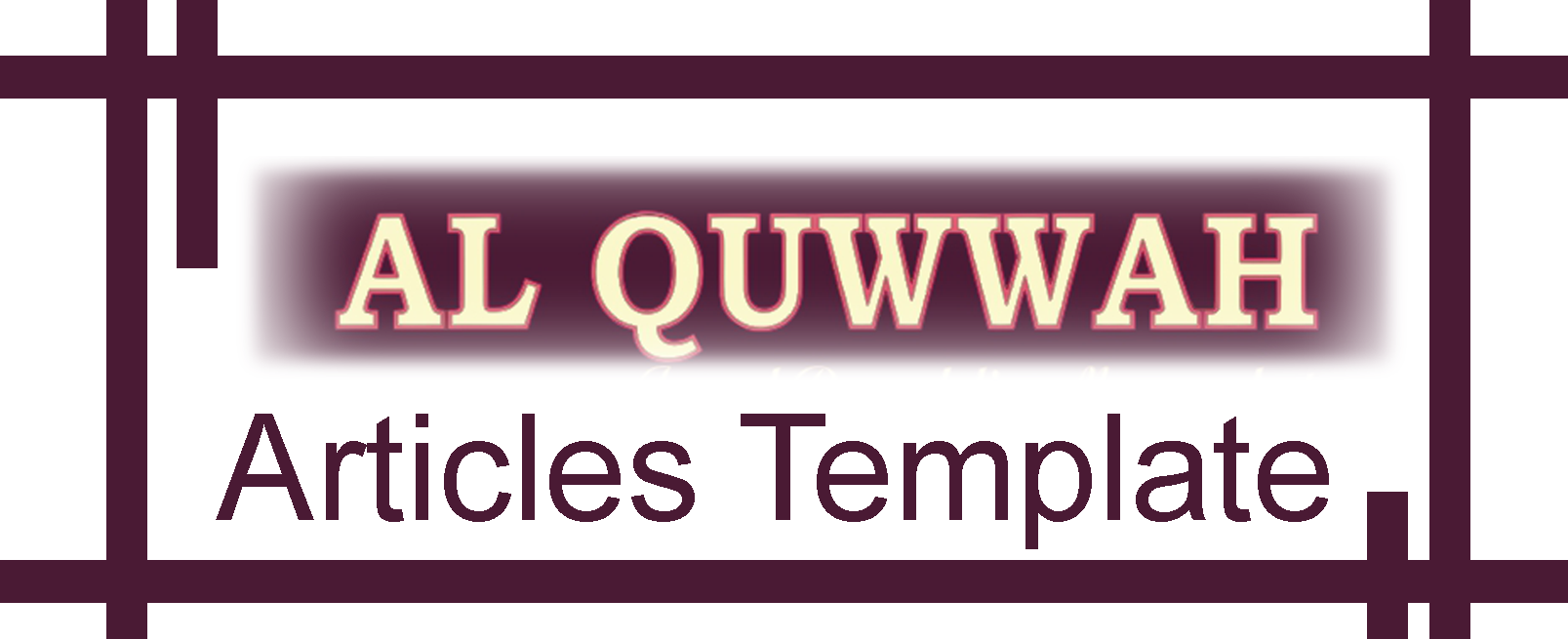Implementasi Gerakan Literasi Sekolah Melalui Pembentukan Pojok Baca di SDN 15 Gantung
Abstract
The school literacy movement is an effort or activity that is participatory in nature involving school residents (students, teachers, principals, education personnel, school supervisors, School Committees, parents/guardians of students), academics, publishers, mass media, the community (community leaders who can represent role models, the business world, etc.), and stakeholders under the coordination of the Directorate General of Primary and Secondary Education, Ministry of Education and Culture. A reading corner is a reading corner in the classroom that is equipped with a collection of books that are arranged attractively to foster students' interest in reading. Based on the results of field observations conducted by KKN-MB IAIN Syaikh Abdurrahman Siddik Bangka Belitung students in 2024, group 07 Jangkar Asam at SDN 15 Gantung Lack of knowledge in understanding Indonesian Sometimes reading feels easier if a student is free to understand Indonesian. The problem factor of the delay in reading of children at SDN 15 Gantung is supported by children who are still blind even with Indonesian itself, so this problem makes it more difficult for them to recognize sentences such as tables, chairs, mats, alang, mengayuh, and so on. So the reading corner is an innovation and solution offered to help students who are experiencing delays in reading. The school responded very well and fully supported and was willing to cooperate in the process of making a reading corner so that its creation could be completed properly.
Downloads

This work is licensed under a Creative Commons Attribution 4.0 International License.
- All articles published in Al Quwwah are licensed under a Creative Commons Attribution-ShareAlike 4.0 International (CC BY-SA) license. This means anyone is free to copy, transform, or redistribute articles for any lawful purpose in any medium, provided they give appropriate attribution to the original author(s) and Al Quwwah, link to the license, indicate if changes were made, and redistribute any derivative work under the same license.
- Copyright on articles is retained by the respective author(s), without restrictions. A non-exclusive license is granted to Al Quwwah to publish the article and identify itself as its original publisher, along with the commercial right to include the article in a hardcopy issue for sale to libraries and individuals.
- Although the conditions of the Creative Commons Attribution-ShareAlike 4.0 International (CC BY-SA) license do not apply to authors (as the copyright holder of your article, you have no restrictions on your rights), by submitting to Al Quwwah, authors recognize the rights of readers and must grant any third party the right to use their articles to the extent provided by the license.
 This work is licensed under a Creative Commons Attribution-ShareAlike 4.0 International License.
This work is licensed under a Creative Commons Attribution-ShareAlike 4.0 International License.





.png)
.png)


